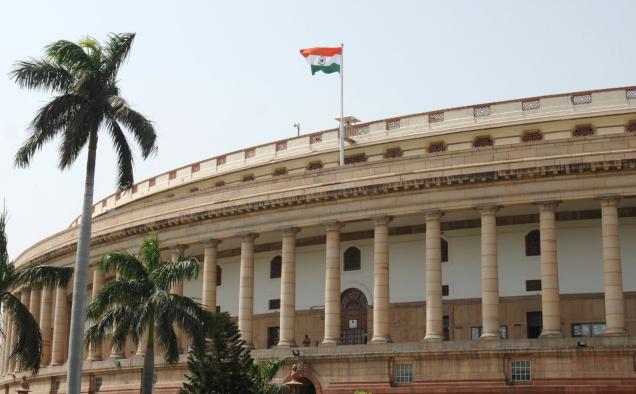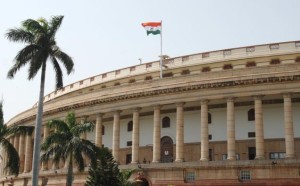‘Mental Healthcare Bill, 2016’ has secured parliamentary approval as Lok Sabha on 27th March 2017, passed the Bill through a voice vote. Earlier in August 2016, Rajya Sabha had passed the Bill with 134 official amendments.
- Inputs from subject experts and political entities were sought at the time of formulating the Bill.
Definition of ‘Mental Illness’ as per Mental Healthcare Bill, 2016:
”A substantial disorder of thinking, perception, mood, orientation or memory that impairs judgment or ability to meet the ordinary demands of life”
Key Provisions of Mental healthcare Bill 2016:
- Every person will have a right to access Government funded/managed mental healthcare services without any form of discrimination.
- The Bill supersedes section 309 of the Indian Penal Code and decriminalises suicide attempt by mentally ill people.

- The mentally ill person will have a right to make an advance directive stating his/her preference for treating illness as well as to nominate a representative.
- All mental health establishments are required to be registered with Central or State health Authority.
- Procedures and formalities for admission, treatment and final discharge of mentally ill persons have also been outlined in the bill.
- The Bill also mentions about Mental Health Review Commission and Board, which will be a quasi-judicial body entrusted with the responsibility to check procedure for making advance directive. It will also advise the Government for safeguarding the rights of mentally ill people, including property rights.
- Providing electric therapy to children has been forbidden by the Bill. In case of adults it has to be administered under anaesthesia and with muscle relaxing drugs.
- The Bill has also laid out specific punishments for violating the listed provisions.
How is the ‘Mental Healthcare Bill, 2016’ different from previous regulations?
As stated by Health Minister JP Nadda this bill has a ‘patient-centric’ approach as opposed to the earlier acts which lent more importance to regulatory aspects. Provisions have been laid out in a manner which will safeguard patients’ interest under various conditions.
Important Data pertaining to Mental Illness:
Census 2011 estimates revealed that 7.2 lakh people in India are suffering from mental illness. However, most of the psychiatrists do not accept this. They have a consensus that at least 3% of the population is suffering from major mental illness and about 20-30% of the population has some sort of minor mental disorders.
- In the global context, mental illness constitutes 11.6% of the total diseases. Out of these affected cases, only 14.52 % receive treatment.
- In this scenario, passage of Mental Healthcare Bill, 2016 by Indian Parliament can be considered as a welcome move.






